Monday, Sep. 27, 1993
By LISA BEYER/TEL AVIV YITZHAK RABIN
Q. Now that you've signed this agreement with the Palestinians, what next?
A. For me, the main test is the implementation, especially in Gaza. Jericho is symbolic. In Gaza there are three-quarters of a million Palestinians, poverty, economic and social problems. The real problem is to what extent the P.L.O. will have the means to take over. They have never been responsible for running a large community -- to maintain law and order, to prevent terror, to run an economy, to build houses, to run schools, to develop industries. The whole future depends on how it works in Gaza-Jericho.
Q. How do you think the Palestinians will manage self-rule?
A. I believe there is a good chance they will succeed. But without a tremendous amount of money from the outside, I don't see great hope that they will manage even in Gaza.
Q. How do you assess the security risks to Israel?
A. The Palestinians don't present militarily a threat to the existence of Israel.
There are certain risks to the personal security of a limited number of Israelis.
Q. What if the personal-security risks to Israelis increase?
A. If terror will continue, it means the Palestinians cannot keep their commitments, so what is the meaning of the agreement?
Q. In that case the accord would be rolled back?
A. I didn't say so. You said it.
Q. How will your government respond if the right wing in Israel rebels against the accord?
A. I don't believe that there will be rebellion. Israel is a democracy. There might be expressions of opposition, but I believe that whatever the government and Knesset approve will be carried out.
Q. What about rebellion against the Palestinian authorities?
A. No doubt they'll have problems, mainly with Hamas. They will focus on increased terror activities against Israelis. They believe that the best way to foil the deal is to create antagonism to the agreement among the Israelis. We had lately suicide terror acts. It creates problems.
Q. The Labor Party seems to be softening its opposition to a Palestinian state.
A. No. I am against this. I oppose the creation of an independent Palestinian state between Israel and Jordan, and I don't believe that at this stage it would be a good idea if I brought out the options.
Q. How will the accord affect your negotiations with Syria, Lebanon and Jordan?
A. We expect the other partners in the peace negotiations to assist in the implementation of what has been agreed upon with the Palestinians. I don't see a problem signing a peace treaty with Jordan tomorrow if they limit the issues to Jordanian-Israeli problems. It will facilitate negotiations with Syria, but maybe on a longer timetable.
Q. When you shook Arafat's hand in Washington, you managed a smile. Or was it a grimace?
A. I can't remember. I stood there for about one hour. Do you expect me to remember every expression that I had?
Q. It must have been a memorable moment. How did you feel?
A. It was not easy.
Q. What made you decide finally to deal directly with the P.L.O.?
A. It took me and others a long time to overcome the mental and practical block to this. For 30 years the P.L.O. carried out terror activities, among them many cases I can call atrocities. But mutual recognition, in my humble opinion -- to the extent that they will keep their commitment, and I assume they will -- made the P.L.O. entirely different from what it was before.
Q. You are 71 years old, late in your political career. Did this motivate you to reach a solution now?
A. It is not a question of my age but a question of my purpose in being in politics. When I decided to run for Prime Minister, I believed that the coincidence of events on the international scene, in the Middle East, in Israel were ripe to achieve two goals: peace and security, and changing the order of national priorities for the people of Israel -- not to look at the territories as the main issue. At least 96% of Israeli Jews live on sovereign Israeli soil, within the green lines, including united Jerusalem. The future of Israel depends much more on what that 96% of Jews and about 1 million non- Jewish Israeli citizens will achieve in their economy, social progress, cultural and scientific achievements.
Find this article at:
http://www.time.com/time/magazine/article/0,9171,979266,00.html
US Proposal: Israel to Lease Jordan Valley from PA
Cheshvan 24, 5771, 01 November 10 07:16
by Chana Ya'ar
(Israelnationalnews.com) Rumors are growing of an American proposal for Israel to lease the Jordan Valley from the Palestinan Authority.
According to a report broadcast Monday on IDF Army Radio, sources in Jerusalem have confirmed that Washington suggested the plan to Prime Minister Binyamin Netanyahu.
The Prime Minister, who is headed to the United States this week to meet with Vice President Joe Biden, allegedly has agreed to the idea. The only question is the length of the contract: reportedly the United States recommended a seven-year lease, which Netanyahu allegedly rejected out of hand, saying it needed to last instead for “dozens of years.”
The plan, discussed among cabinet ministers in closed session, was allegedly rejected by coalition partner Jewish Home party chairman Professor Daniel Hershkowitz, who asked why Israel would need to lease land “that belongs to us.”
A second minister reportedly recommended the contract not be considered for “anything less than a 99-year lease.”
The Arabic daily newspaper A-Sharq Al-Awsat, meanwhile, reported Friday that the U.S. proposed a deal in which the PA would lease lands in the Jordan Valley and Jerusalem to Israel as part of a final status arrangement.
There was no confirmation of the report from any source, according to the Israel Broadcast Authority (IBA). However, the report quoted Ofir Gendelman, head of the Foreign Ministry's Arabic media department, who allegedly said Israel was negotiating directly with the U.S. “in an effort to resume direct talks with the Palestinians.”
According to the Arabic daily's report, under the plan, the length of the lease would be between 40 to 99 years. In exchange, Israel would recognize the PA as a new country, along the Jewish State's pre-1967 borders, in Judea, Samaria, Gaza and much of Jerusalem.
The newspaper alleged that the United States “had not informed” PA Chairman and Fatah leader Mahmoud Abbas of the negotiations with Israel. The source added the talks were considered “U.S.-initiated, rather than Israeli,” and had been “taking place for a long time, in order to reach common ground with the Israeli side, in order to achieve initial understanding on the issue of borders, and understanding on what is expected to remain under Israeli sovereignty.”
Sunday, October 31, 2010
Subscribe to:
Post Comments (Atom)



















































































































































































































































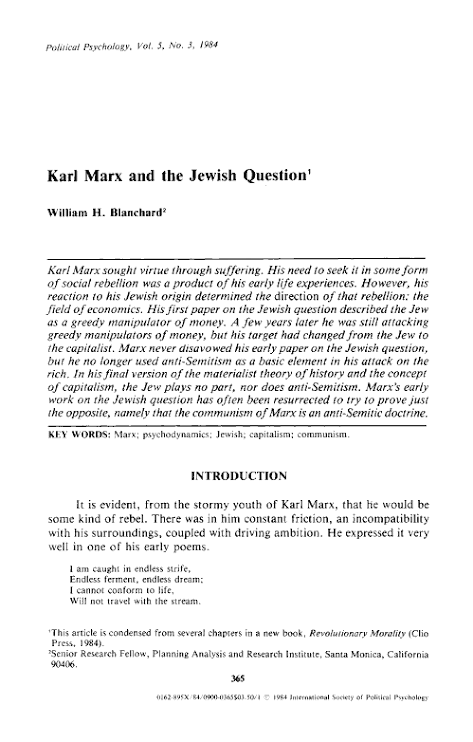











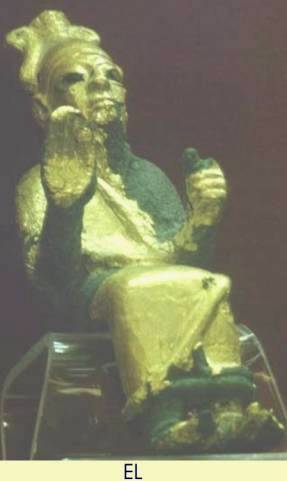

































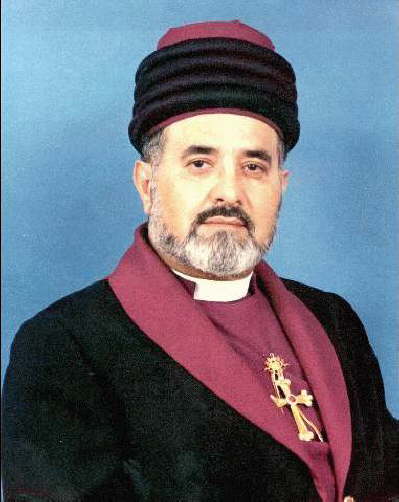+Anniversay+Dinner.jpg)















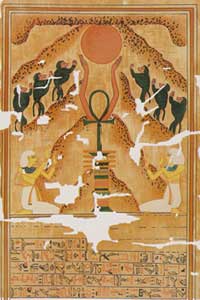








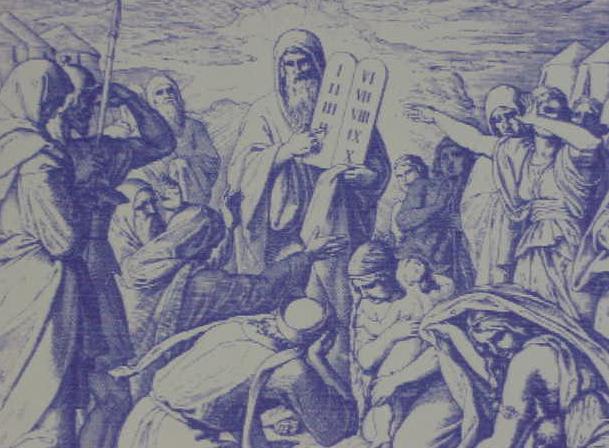
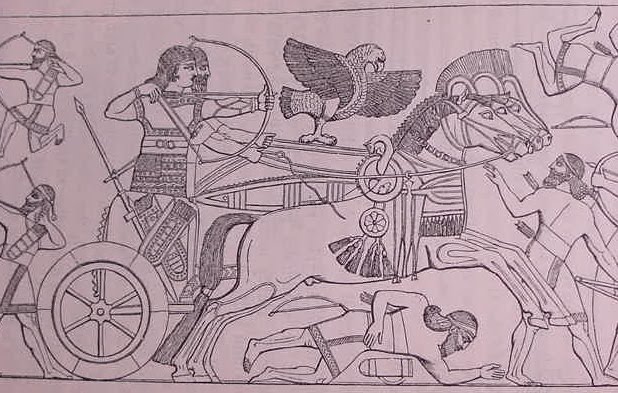



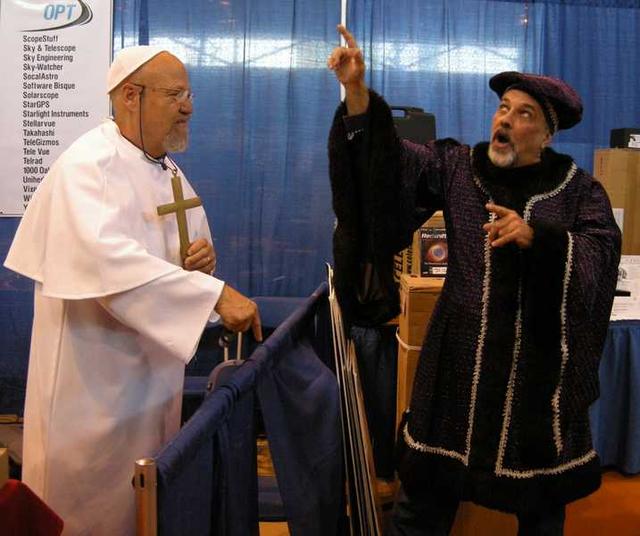




















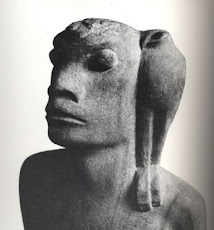












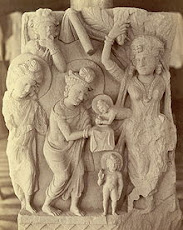

































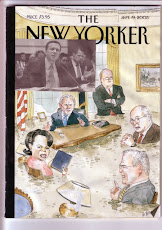




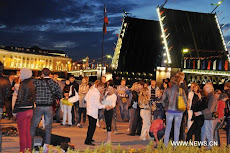
















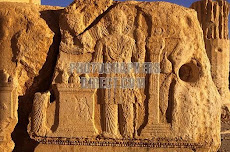

























No comments:
Post a Comment